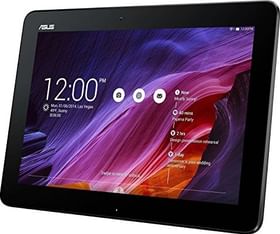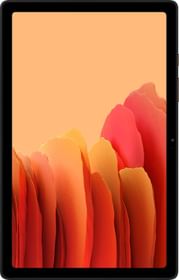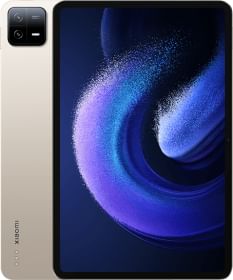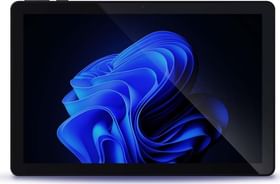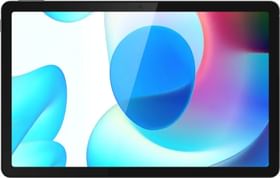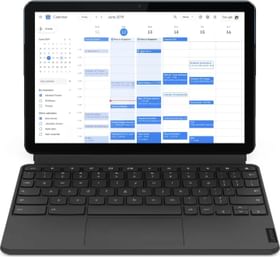Google’s Android 7.0 Nougat has only managed to grab about three percent of the Android pie, but it’s already time for Google to talk about the next Android version. The rumor mill has got the whiff of some upcoming features of Android O or Android 8.0, which Google will first officially showcase at its Annual developer conference, Google I/O 2017, in May
According to Venture Beat, the search engine giant could introduce some new smart assistive features on which it has been working on for some time now.

One of these new alleged smart features is called ‘Copy Less’. This new feature will cut down the trouble of copying text from one app and paste in other. Under this new feature, it automatically suggests when based on the context of the conversation.
In Its report VentureBeat uses this following example to clearly explain Copy Less feature:
“[If] you and a friend are having a conversation in a chat about where to eat dinner and you find a good restaurant in the Yelp app, when you go back to your conversation and type “it’s at,” one automatically generated suggestion in Gboard would be the restaurant’s address.”
See Also: Google Translate Gets Better at Translating Hindi
It remains to be seen whether Google implements this rumored feature via GBoard or integrate within core android system.
The second rumored feature is not something entirely new as it has been part of iOS for long. It’s a smart messaging feature which will be able to recognize address sent in a text message and converts it to a link which takes directly to Google Maps application on a single tap.
The same report suggests that Android developer team at Google is working on new finger gestures which could be enabled in the next OS. Finger gesture is not entirely an alien concept as Many custom Android ROMs already comes with gesture recognition features.
Related Post: Google Assistant Starts Rolling Out To Android 6.0 Marshmallow + Phones
A word of caution, though, all this aforementioned information is based on a report and is yet to confirmed by Google, therefore, it could prove partly accurate or even entirely false.














